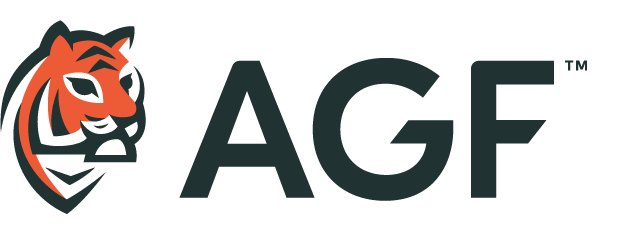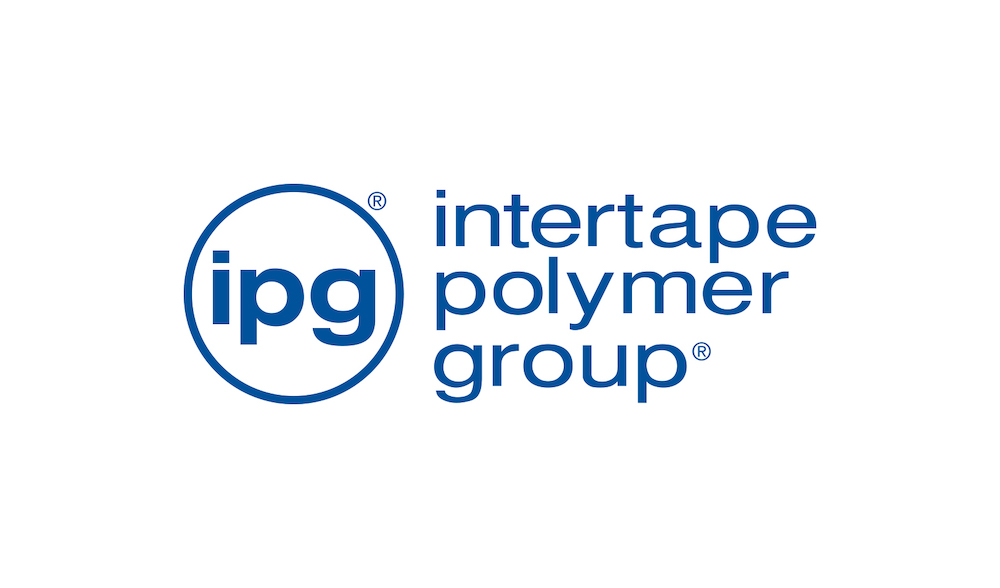by Maksim Piskunov, MBA, CFA®, AGF Management Ltd.

Insights and Market Perspectives
Author: Maksim Piskunov
March 17, 2021
There is no shortage of ways to evaluate the attractiveness of equities in today’s data-driven investment climate, but often it is what can’t be readily quantified that investors lean on to determine a stock’s potential to outperform. As Warren Buffett quoting Albert Einstein says, “Not everything that can be counted counts, and not everything that counts can be counted.”
One attribute that is increasingly important in this vein is corporate agility or, more specifically, a company’s ability to adapt, pivot and reassert its competitive edge in the face of increasingly disruptive market forces. This trait tends to dampen margin volatility, improve long-term growth rates and, by extension, create value over extended periods of time, which may also have a role in justifying higher valuations in shares of companies that exhibit it most clearly.
Either way, corporate agility’s role as a differentiating factor in evaluating stocks is difficult to ignore as exemplified across multiple industries in recent years. Take the global food industry, which pits the world’s biggest multinationals against small, local independents in a kind of David vs. Goliath showdown. In the past, many “Big Food” producers were blamed for being slow to innovate and much too focused on planograms or shelf placement at the expense of ignoring consumer preferences. The “indies,” by comparison, ran laps around their larger counterparts by responding more efficiently to changing consumer preferences and quickly iterating on new concepts using a well-honed test-and-learn approach. But that is no longer true. For instance, at one of the most prominent food multinationals, the time it takes for a prototype to hit the market has been reduced by 75%, from an average of two years to just six months. At the same time, this company is now increasingly focused on product innovation and is much more iterative in keeping pace with evolving trends, be it plant-based burgers or personalized pet food.
Of course, corporate agility has only grown in importance during the COVID-19 pandemic, proving to be a key differentiator of successful companies. For example, one global beer company’s ability to adapt quickly put it ahead of the competition in Mexico, where alcohol sales were largely banned for a time and low-alcohol versions of beer were not. Within weeks, this company developed a prototype under a well-regarded existing brand, which allowed the brewery to operate while its competitors were forced to shutdown. Not only did this lead to cost savings for the company, it also resulted in a faster restart when restrictions were lifted.
An even more obvious example of corporate agility and its growing importance over the past year is the pharmaceutical industry’s race to develop a COVID-19 vaccine. Historically it has taken several years to approve a new vaccine for use, and yet it took just months this time around due to the ingenuity and resolve of developers and regulators that were tasked with the challenge. What’s even more telling, however, is that many of the top global vaccine players now find themselves behind the curve. In large part, that’s because they continued to rely on old methods of development that fell short on efficacy and timelines, while more successful firms were much quicker to embrace new technology, like focusing on Messenger RNA (mRNA) that was critical in bringing the first vaccine candidate(s) to market late last year. And as new variants emerge, leveraging their agility to create booster shots should put further daylight between successful firms and the competition.
Clearly then, agility matters. But what is it about a company that makes it more agile than another and how do investors identify the trait and trust it will continue to manifest itself? At least some of the answer lies in the extent of a firm’s “digital” footprint, which is no surprise given many of the methods synonymous with agility first appeared in software development. While most companies embrace digital for the cost savings it entails, others have been quick to point out the added benefit of agility. Fully digital organizations, in particular, say they are able to implement change in a manner that is faster and more scalable than would otherwise be the case –especially when leveraging cloud solutions. For instance, something as simple as daily sales reports versus monthly ones can help businesses manage capacity investments and allocations in real time without lag.
It’s with this in mind that investors can discover agile methods being applied to innovation, product design, advertising and brand-building by listening closely to management interviews or reviewing transcripts of earnings calls and other investor events for signs of a company’s digital commitment and willingness to pivot quickly. In doing so, what investors may uncover is the choice between two types of companies: those who are lapping the competition and picking up speed, and those left in the dust wondering how they can catch up.
Maksim Piskunov is an Associate Portfolio Manager with AGF Investments Inc. He is a frequent contributor to the AGF Perspectives blog.
To learn more about our fundamental capabilities, please click here.
The commentaries contained herein are provided as a general source of information based on information available as of March 11, 2021 and should not be considered as investment advice or an offer or solicitations to buy and/or sell securities. Every effort has been made to ensure accuracy in these commentaries at the time of publication, however, accuracy cannot be guaranteed. Investors are expected to obtain professional investment advice.
The views expressed in this blog are those of the author and do not necessarily represent the opinions of AGF, its subsidiaries or any of its affiliated companies, funds or investment strategies.
AGF Investments is a group of wholly owned subsidiaries of AGF and includes AGF Investments Inc., AGF Investments America Inc., AGF Investments LLC, AGF Asset Management Limited and AGF International Advisors Company Limited. The term AGF Investments may refer to one or more of the direct or indirect subsidiaries of AGF or to all of them jointly. This term is used for convenience and does not precisely describe any of the separate companies, each of which manages its own affairs.
™ The “AGF” logo is a trademark of AGF Management Limited and used under licence.
About AGF Management Limited
Founded in 1957, AGF Management Limited (AGF) is an independent and globally diverse asset management firm. AGF brings a disciplined approach to delivering excellence in investment management through its fundamental, quantitative, alternative and high-net-worth businesses focused on providing an exceptional client experience. AGF’s suite of investment solutions extends globally to a wide range of clients, from financial advisors and individual investors to institutional investors including pension plans, corporate plans, sovereign wealth funds and endowments and foundations.
For further information, please visit AGF.com.
© 2021 AGF Management Limited. All rights reserved.
This post was first published at the AGF Perspectives Blog.















